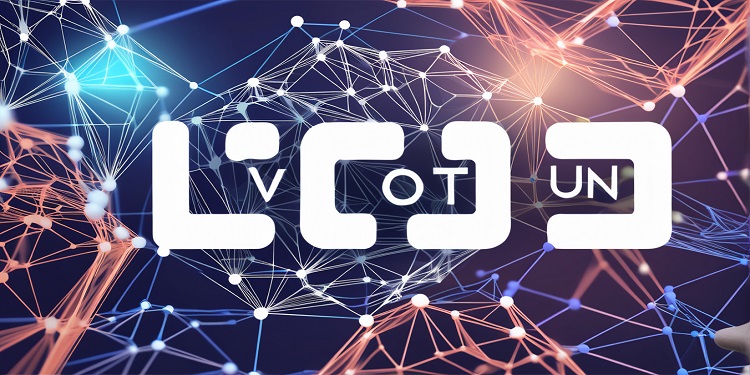 While speaking at the LA Blockchain Summit, Commissioner of the US SEC (Securities and Exchange Commission), Hester Peirce, detailed that Ethereum-powered DeFi tokens could be regarded as financial vehicles that are similar to securities.
While speaking at the LA Blockchain Summit, Commissioner of the US SEC (Securities and Exchange Commission), Hester Peirce, detailed that Ethereum-powered DeFi tokens could be regarded as financial vehicles that are similar to securities.
Peirce, one of the four SEC representatives, pointed out that “governance tokens” which came into being as part of the DeFi movement will come under the domain of regulatory ambiguity.
In particular, highlighting the Uniswap token (UNI) and also SushiSwap (SUSHI), Peirce opined that each of those cases should be scrutinized thoroughly. Peirce shied away from offering her opinion but proposed that “people should come and talk to the SEC about how they intend to distribute tokens”, even though she cautioned that “there are other people in the Commission who might consider the same facts and circumstances differently.”
Rather than slapping huge fines for unendorsed sale of securities, Peirce also reiterated the “safe harbor” strategy she suggested for the issuers of tokens many months before. As per the strategy, firms could take three years to shift power to respective communities before the SEC initiates action for purported breach of securities laws. However, Peirce cautioned that governance tokens disbursed through airdrop could be categorized as securities even if given as reward instead of being offered for sale.
“This does not necessarily mean that you are outside the scope of securities law. So even if you don’t sell it, you are basically issuing the token. In the end, it might still fit into the securities classification. So people have to be careful, and again, this is one more reason why the SEC has to be out there to provide guidance, because people are trying to figure out how to issue the tokens so that users can use the tokens, and we are not really active in providing the guidance that people need to feel comfortable.”
Specifically, she underlined that the “safe harbor” plan suggested by her has not gained adequate backing within the SEC and is the precise reason for working on 2.0 variant. Having stressed the need for better regulatory clarity,t Peirce highlighted the huge capability. With respect to disbursement of governance tokens and doubts on whether it should be categorized as securities, she clarified as follows:
“I think when you have the people who are actually using something deciding its future, then the changes that happen are decided by the community together. And that’s a sort of regulatory function. It’s not a government regulatory function, but it’s a regulatory function by the people who are actually using it. So someone can launch one of these projects and say, ‘I have this great vision for what’s gonna happen with this project.’
But if you really launch it and put it in the hands of your community, it could end up doing and being something very different than what you initially imagined it to be. It could ultimately be very different. So you have to have a little bit of willingness to be hands-off and see what happens. And that’s probably a little bit scary for some developers to do that, but I think it’s kind of an interesting thing to watch.”
With such an opinion Peirce joins the discussion that began few weeks before and may have influenced the flattening of rage about Ethereum blockchain based DeFi.








